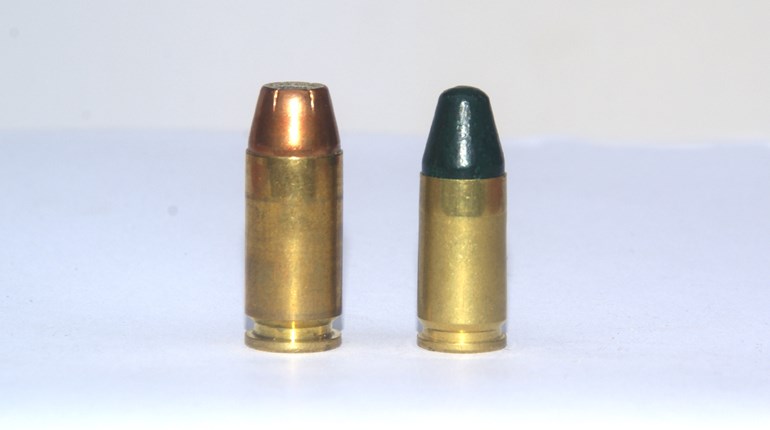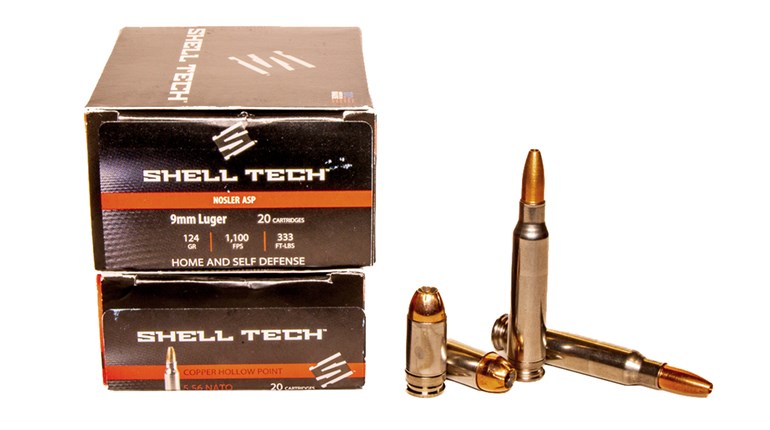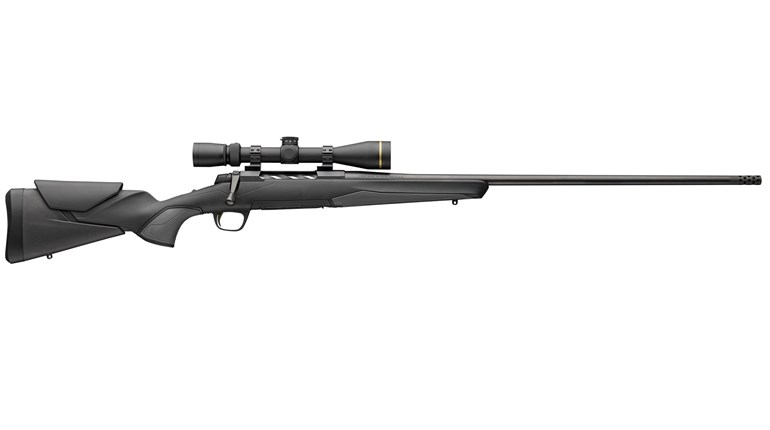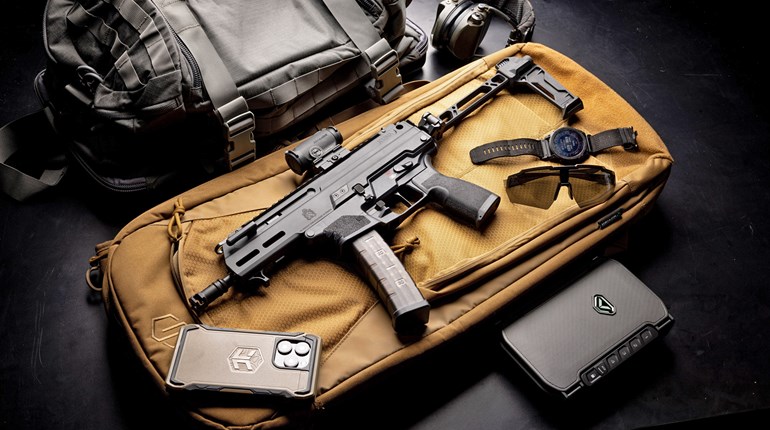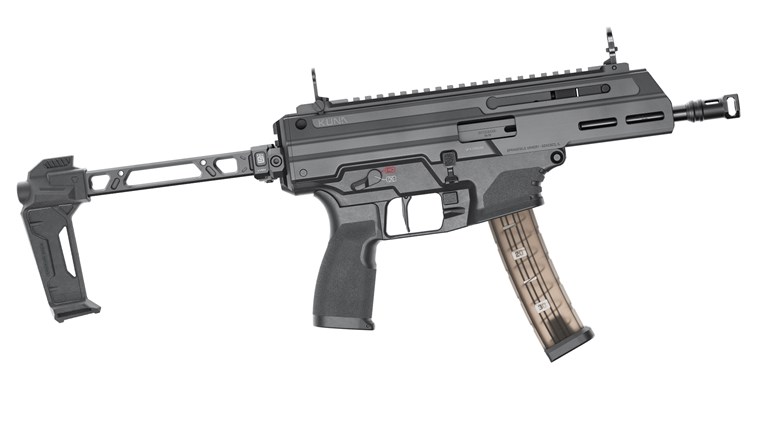
A new line of Browning ammo designed for personal-defense and target use entered the market in 2016.
A new trend for firearms manufacturers, that have not done so in the past, is to start offering ammunition under their brand. Admittedly, ammunition wearing the same logo as firearms is nothing new; Remington and Winchester have been doing this for more than a century. What is new is for firearm manufactures to allow another company to produce ammunition for them, under their brand.
PolyCase loads ammunition under the Ruger brand and McNett’s DoubleTap is loading ammunition for Colt. I’ve sent several hundred rounds of both downrange and its all good stuff. As a matter of fact, the DoubleTap-produced Colt National Match .45 ACP ammo is more accurate than anything else I’ve fired from my Nighthawk Custom Commander. This practice of manufacturing under one brand and selling under another might seem confusing and even misleading, but you shouldn’t look at it that way. With ammunition, what really matters is that it’s safe, reliable, accurate and affordable.
One of the newest players in this ammo branding game is Browning. Last year, it introduced an extensive line of ammunition for rifles, shotguns, handguns and rimfires. As you’ve probably already guessed, Browning does not actually make this stuff. Its long-time dance partner, Winchester, is loading and packaging it under license. I’d been trying to get my hands on a quantity of this ammunition for quite a while and finally, at the 2017 SHOT Show, I corralled a Browning employee and extorted a few cases. It would appear Browning is selling it so fast the company hasn’t seen it necessary to give any away to gunwriters for testing.
The Browning ammo line is divided into two categories, BPT and BXP. BPT stands for Browning Performance Target and BXP for Browning Personal Defense. (I know, the acronym for the personal-defense ammo does not line up, but stay with me.) BPT ammunition is loaded with full-metal-jacket bullets and BXP is loaded with a new hollow-point bullet called the X-Point. (Now you know where the X comes from.)
Both variants also utilize reloadable, black-nickel-plated cases. This gives the Browning ammo a distinctive look and theoretically should improve reliability, while reducing the potential for tarnishing. The full-metal-jacket bullets are not your standard round-nose profile; all taper to a flat point at the meplat. The X-Point bullet used for the BXP loads looks similar to a common jacketed-hollow-point bullet, but inside the hollow-point cavity there’s a distinctive X shaped structure that (according to Browning) is supposed to guard the hollow point for consistent expansion and provide good penetration—even when fired through barriers.
The Browning ammo line is offered for the four most common defensive-handgun cartridges. Both loads are available in .380 ACP, 9 mm, .40 S&W and .45 ACP. For those who are brand loyal, you can practice with, and then carry, ammunition out of a box with the famous Buckmark logo. These loads are also supposed to offer a similar recoil impulse and point-of-impact at defensive-handgun ranges, but more on that in moment.
Over a span of two days I fired 1,090 rounds of the Browning ammo through six handguns. First, I chronographed and accuracy tested each load at 20 yards by firing a 10-shot group. Next, I went to work on steel targets looking for any sign this stuff was unsafe or unreliable. During that time, I experienced three stoppages. The 9 mm BPT load was not 100-percent reliable in the 5-inch Wilson Combat 1911. I run a 16-pound recoil spring in that aluminum-frame pistol and am sure it was the root of the problem. With the other 1,087 rounds there were no issues. Additionally, for those competing in IPSC or IDPA, the 9 mm BPT load met the minimum power factor, even out of the compact Glock, and the .40 S&W and .45 ACP loads met the major power factor.
From accuracy standpoint all the loads shot quite well and the Nighthawk Commanders in 9 mm and .45 ACP really liked the stuff. Every group fired from a Nighthawk pistol recorded a 10-shot group smaller than 2 inches. (The 3.44-inch 20-yard group fired by the short-barreled Glock was respectable, too.) It’s always a good thing when your practice and carry ammo shoot to the same point-of-impact, and with a similar recoil impulse. By overlaying the BPT and BXP targets shot with each .40 S&W and .45 ACP handgun, the aggregate group sizes averaged only 8 percent larger. That’s impressive consistency. With the .45 ACP BPT and BXP loads, the velocity and recoil were near identical. On the other hand, the .40 S&W BXP load was substantially faster and generated noticeably more felt recoil than the BPT load.
In the future, I will explore the terminal performance of the BXP loads and compare them to other defensive handgun ammunitions. In the meantime, it seems clear Winchester has created what appears to be safe and reliable ammunition under the Browning ammo banner, and prices are comparable to similar offerings from other major ammunition brands, regardless of the company that is actually loading the ammunition and putting it in the pretty boxes.











